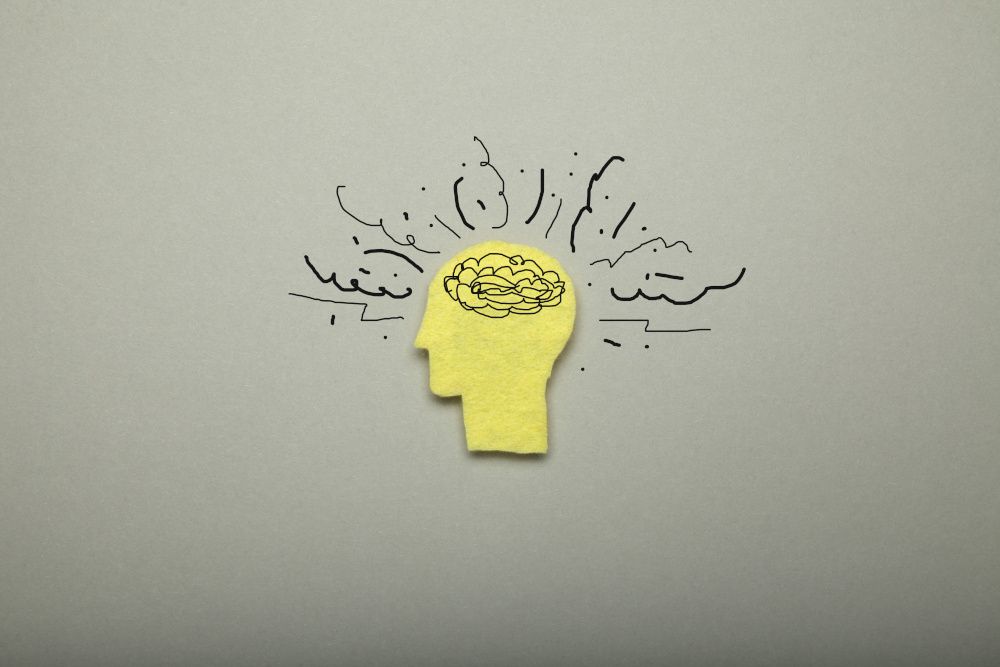Stress and sleep problems are main obstacles to mental wellness, new consumer survey from Novozymes OneHealth finds
The company conducted one-on-one interviews with consumers in the U.S., China, and Germany for its new report, “Is Your Mind Open to the Opportunities of Mental Wellness?”
Stress and sleep issues are main obstacles associated with suboptimal mental wellness. This was the takeaway from a new report from ingredients developer Novozymes OneHealth (Copenhagen, Denmark). The company conducted one-on-one interviews with 87 consumers in the U.S., China, and Germany for its new report, “Is Your Mind Open to the Opportunities of Mental Wellness?”
The report explores consumer attitudes in terms of how they perceive and define mental wellness, how mental wellness—or the lack thereof—impacts their daily lives, and how they view the role of supplements in supporting mental wellness.
Respondents said they largely associated challenges maintaining mental wellness with feelings of stress, anxiety, and depression, as well as trouble sleeping and poor gut health. Low energy is also associated with sleep problems. The survey found that 89% of respondents reported experiencing stress, with 95% of those believing that stress impacts their current health. Meanwhile, only 34% of consumers said they think they always get enough sleep, and only 18% of respondents said they wake up each day feeling rested and refreshed.
Drilling down further by age group, Baby Boomers are the group that sleeps the least. Meanwhile, Gen X and Y consumers are most likely to report experiencing work-related stress. Also, Gen Z consumers especially stand out in the data, with this group 1.5 times as likely to report feeling anxious or depressed compared to the average respondent. This generatation cites trouble with both stress and sleep issues.
The feedback also differed by region, with German consumers ranking work-related issues as the biggest cause of stress, while in the China, one of the biggest stress points is the pressure children and their parents feel regarding educational performance.
In terms of interventions, U.S. and Chinese consumers are more likely to turn to dietary supplements for stress relief, better sleep, and mood regulation, whereas Germans rely more on using exercise apps and meditation to improve these challenges.
Finally, the report looked at how consumers view the gut-brain axis, given that NovoZymes One Health supplies its probiotic ingredient ProbioBrain for mental wellness. The report states, “In this research study, consumers, especially in the USA and China, recognize the relationship between gut health and mental wellness, pointing out that poor gut health affects mental health.”
It continues: “Although they may not be familiar with the term ‘gut-brain axis,’ they used their own terminology and explanations throughout the interviews, ranging from simple explanations such as ‘Happy gut. Happy mood.' to some specifically mentioning gut bacteria and microbiota."
In the mental health space, the report concludes, “There is a growing understanding of the gut-brain axis and the role of probiotics.”
Kaneka Nutrients to unveil new consumer research on menopausal women at Vitafoods Europe 2024
April 26th 2024The company will reveal the results of the research that is based on live feedback from 200 menopausal women who took 200 mg per day of Kaneka Ubiquinol over two-months, monitored the effects, and recorded their observations.
Rousselot to showcase new collagen peptide research and targeted solutions at Vitafoods Europe 2024
April 25th 2024The company will be highlighting new research that demonstrates the ability of its Peptan collagen peptide brand to support sleep quality, reduce gastrointestinal discomfort, and enhance skin health, including density, hydration, and elasticity.
